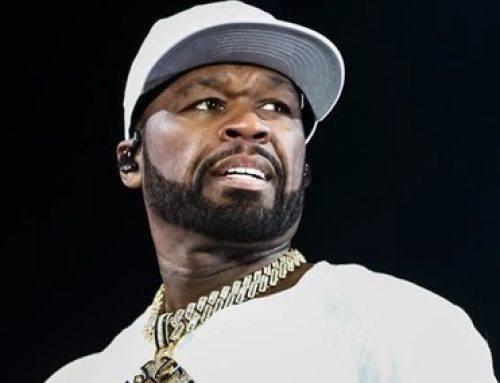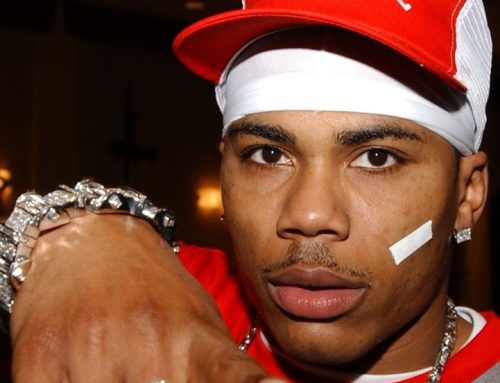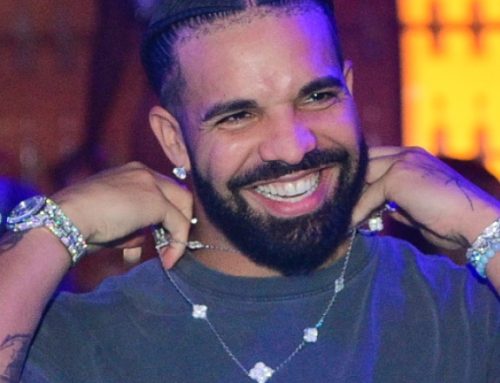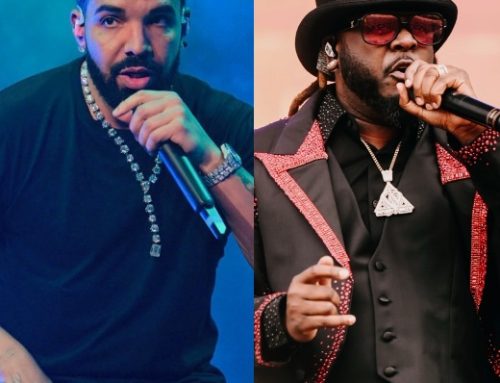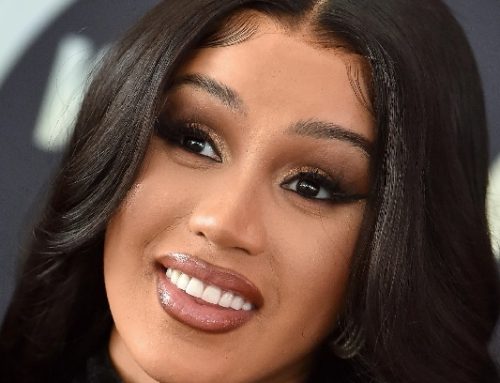In the latest installment of Soulful Sundays, HipHopDX’s Editor-In-Chief Trent Clark chats with Grand Hustle CEO T.I. at Comfort LA in downtown Los Angeles.
“I’m always me,” the rapper says with a smile when asked how he’s able to juggle so many business endeavors. “I mean, I don’t ever put any hats on that don’t fit.”
While he does have his hand in many ventures, music is still the first priority. August 19 marks the 15th anniversary of his platinum-selling sophomore record Trap Muzik, as well as his Grand Hustle imprint.
“I’m not going to tell you what we have planned,” he says, alluding to a series of interactive experiences. “Just know it’s gonna be an event.”
With the anniversary talk on the table, the persistent topic of T.I. coining the term “trap music” came up — and the rapper gladly expounded on his past explanation.
“Of course there were people talking about dope,” he notes. “The first time I ever heard the word trap was probably Khujo [of Goodie Mob]. But as far as putting the words trap and music together to describe a sound, that’s what I’m talking about. I’m not the first to say I was selling dope. I ain’t saying I’m the first to say the word trap.”
He adds, “But the word trap and music together to describe a sound, you can’t go past August 19, [2003].”
Tip also discussed the cultural grandeur of his label.
“[Grand Hustle] is an institution of culture,” he says. “We’re not just a record label … we have fashion designers, we have DJs, we have comedians. We don’t just like have rappers; that’s just a part of what we do, and do it well. [Our artists are] gonna continue to put out music and create a catalog for themselves and reach a longevity status in their career.”
Though Clark pointed out the leadership role the rapper seems to have taken within the community, T.I. scoffed at the idea of getting into politics.
“I don’t want to be a politician,” he says bluntly.
However, he did break down what he sees as one of the biggest shortcoming of the black community.
“[There needs to be an] understanding that we have power and that we have to make them respect us,” he says. “We have the largest consumer base in the economy. We keep all these corporations afloat. Corporations contribute to these politicians … we stop spending your money with the corporations, and they’ll put pressure on the politicians to acknowledge the things that matter to us. Until we do that, they ain’t going to have any reason [to care].”
As he further explains, part of the problem is a lack of ownership and support within the black community.
“We ain’t got no leverage,” he says. “We have the largest buying power, but the least amount of ownership. When money comes into our community, it leaves right out. We get paid, bring a check home, and go straight out of the community and spend it somewhere else.”
When asked, T.I. was reluctant to rank his own catalog.
“My favorite is the next one,” he says with a laugh. “The Dime Trap is coming soon … the music has been there man. I was just waiting on the right time.”

